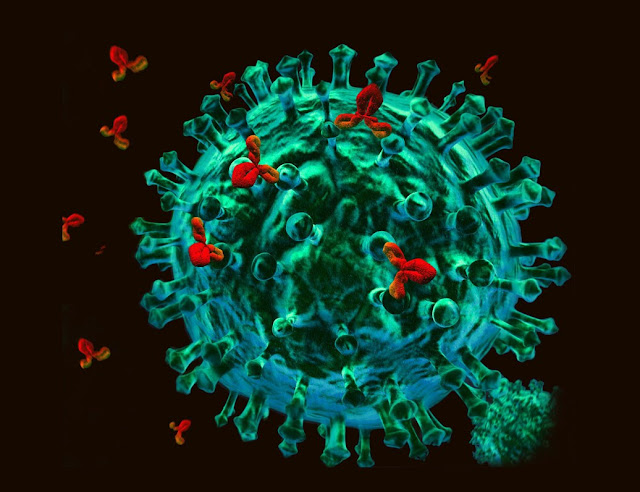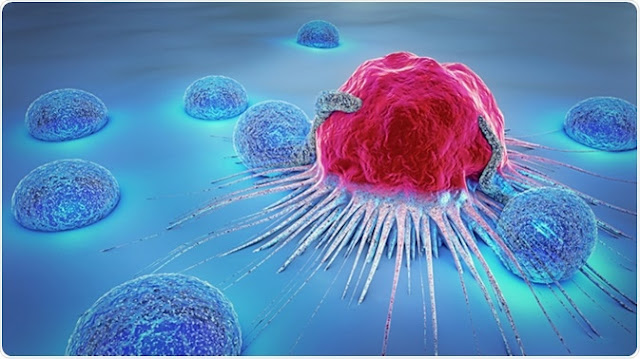Antibodies Helps in Regulating the Immune Response to Fight against Various Disease
Antibodies are molecules that neutralize other molecules. They
are a group of interrelated proteins and sometimes act as part of a complex
flagellum, or lipoprotein assembly. The most familiar are the white blood cells
(lymphocytes) which attack and kill pathogens in the body. Other antibodies
have various functions such as regulating the immune response, enhancing the
development of healthy T-cells, fighting infections caused by microorganisms,
and assisting the natural killer cells in the body to kill tumors. However, the
most common one are usually found in the gastrointestinal tract, where they
help prevent infection from gastric contents and other agents that may reach
the stomach through the small intestine.
An antibody also called a lectin, mescaline, monoclonal, or
tumor necrosis factor is a high, flat Y-shaped protein used by the body's
immune system to identify and destroy foreign entities including pathogenic
viruses and bacteria. The lectin recognizes an unfamiliar molecule of the
pathogens, termed as an antigen. The one that have been recently introduced into
the body usually attack these antigens. The one that have been in the host for
a long time can attack newly introduced antigens, whereas new ones may be
attacked by antibodies
that are still in the host. Monoclonal one are the type that neutralizes H. pylori,
a bacterium that causes peptic ulcers.
Polyclonality refers to the binding of two molecules that
share a common structure. For instance, antibodies that bind to the antigens of
Streptococcus pneumoniae and become active in the bloodstream bind to albumin,
a protein. Monoclonal one bind to glycogen in muscle and liver cells.
Monoclonal one are also used in the treatment of certain autoimmune diseases
and certain cancers. They help in destroying cancerous cells.




Comments
Post a Comment